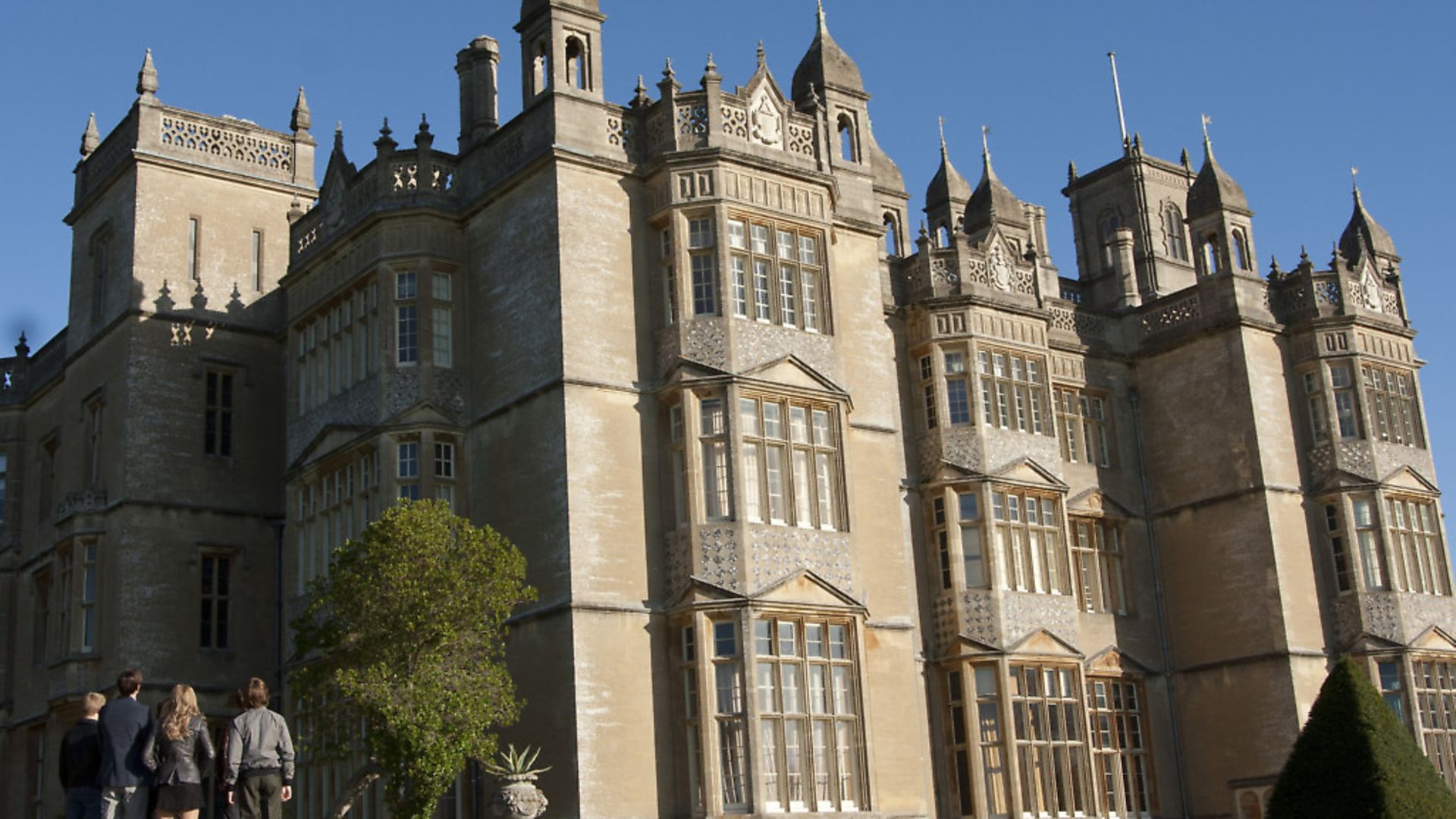
PETER TRUDGILL on the ultimate origins of ‘English’.
During the late 300s and early 400s AD, boat-loads of Germanic people started crossing the North Sea to the eastern shores of Britain. Some arrivals had probably come well before that: since the second century AD, the Romans had been employing Germanic mercenaries in their garrisons in Britain.
These Germanic people were mostly members of the tribal groupings we now refer to as the Jutes, Angles, Saxons, and Frisians. They came mainly from coastal districts just across the North Sea from Britain.
The Jutes had originally come from the furthest north, from northern and central Jutland, now part of Denmark. The Angles lived in areas to the south of them in southern Jutland and Schleswig-Holstein. The Saxons were located to the west of them, along the North Sea coastal areas of northern Germany in the Elbe-Weser region of Saxony. And the Frisians came from Friesland, the area of coastline between the homeland of the Saxons and the mouth of the River Rhine in the modern Netherlands.
The great estuaries of the English East Coast – such as the Humber, the Wash, the estuary of the Stour and the Orwell at Harwich, and the Thames Estuary – formed major entry points into Britain for many of these people.
Of these Germanic peoples, it was the Saxons who eventually gave their name to the areas of southern England known as Wessex, Sussex, Middlesex and Essex, the names referring respectively to the West, South, Middle and East Saxons.
In these Saxon-dominated areas of England, we do find a few toponyms which indicate rather clearly that most people in Wessex were not Angles, such as the Wessex settlement of Englefield, now in Berkshire, which meant the ‘field of the Angles’, and Englebourne, ‘stream of the Angles’, in Devon.
There were also Frisians around, as we can see from the Suffolk village names Friston and Freston, ‘homestead of the Frisians’, as well as from the name of Frisby in Leicestershire. But most of non-Saxon England and southeastern Scotland came to be dominated by Angles.
In these Anglian zones, there are still to this day village names such as Saxham ‘home of the Saxons’, near Bury St Edmunds, and Saxton ‘homestead of the Saxons’, in North Yorkshire: these villages were obviously so called because there was something unusual about being a Saxon in Suffolk and Yorkshire.
The Saxons, then, gave their name to Essex and Middlesex and Sussex, but it was the Angles who had the honour of eventually giving their name to England, ‘the land of the Angles’, and to the English language. But why were they called Angles?
We first hear about them from the Roman historian Tacitus (c. 56-120 AD) in his work about the Germanic tribes, Germania. They seem to have come originally from the area of Germany which is now known as Angeln. This is a peninsula which is on the eastern coast of the Schleswig-Holstein, on the Baltic Sea. Angeln lies between the Flensburg Firth, which today forms part of the border between Denmark and Germany, and the Schlei Inlet, which leads from the Baltic Sea to the town of Schleswig. Almost everybody from the Angeln area seems to have emigrated to Britain in the 5th century AD.
As to why Angeln is called Angeln, there are different theories. It could be derived from the word which has come down into modern German as eng, ‘narrow’, referring perhaps to the narrow waters of the Schlei Inlet. Or it could be related to angle, ‘bend, corner’. Or to angling as in fishing. Angle in the fishing sense originally referred to the bent or angled implement fishermen use for catching fish on a line. It would be rather amusing to think that, ultimately, the name of our now world-dominating language was derived from a simple word meaning ‘fish-hook’.









